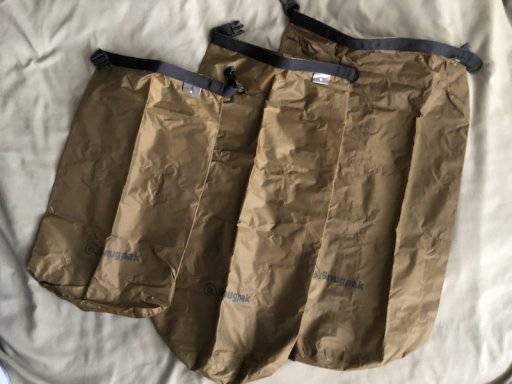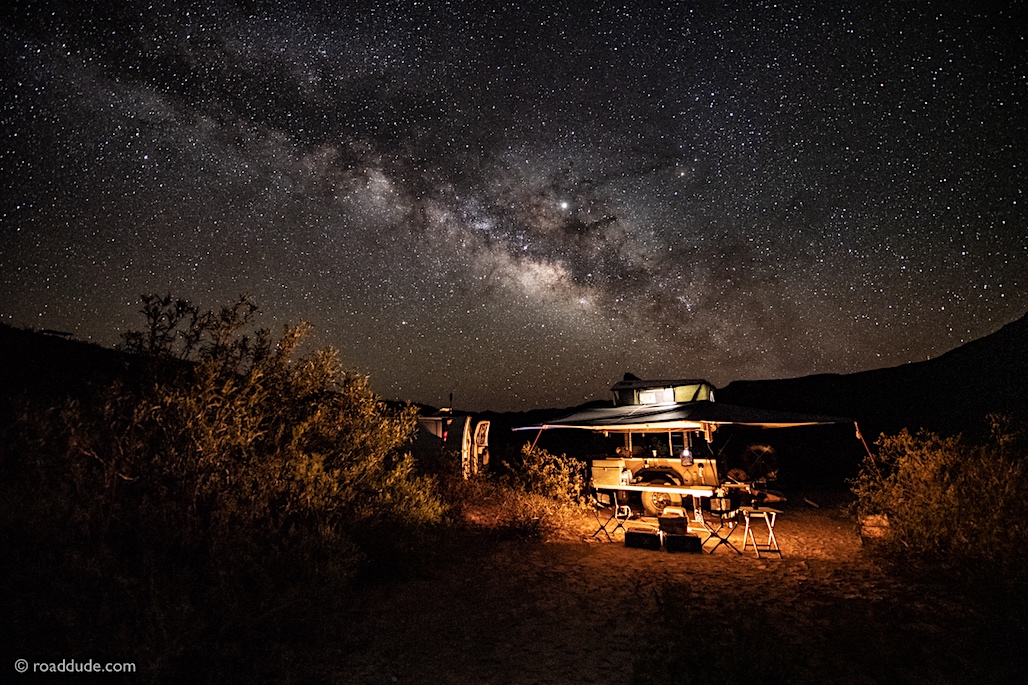More
Wisdom From the River: water filtering and purification
I recently had a great chance to thoroughly test some water purification devices on a five-day canoe-camping trip in Canadian/Maine boundary waters where the only water we used the entire adventure was what we gathered and filtered from the river.
I already have a terrific 20 L jerry from
ICON LifeSaver that I keep for general emergencies when I need to filter river, pond, or urban water in volume, and a few
LifeStraw personal sized water filters I keep in my various day packs and vehicle, but have been wanting something in between size-wise for filling my Hydroflask and Nalgene containers for cooking/drinking on canoe and bike overnights.
This canoe-camping trip provided the perfect opportunity. Knowing my buddy had a more robust purification system he likes, I bought a LifeStraw Universal water bottle
filter adapter kit from Cabelas. It fits a variety of bottles with a long filter insert:
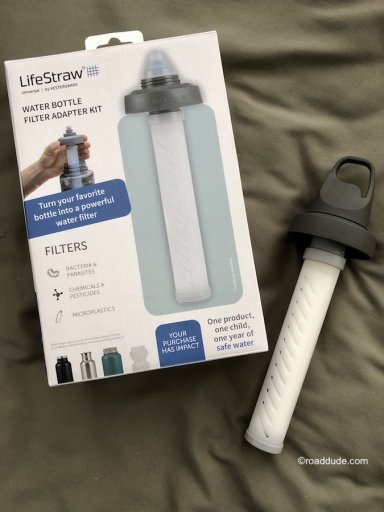
What I found with this one is if you can suck a golf ball through a garden hose you can maybe get enough water through this thing for a good drink when you need it. Otherwise, it's micro-sips and painfully slow.
Just wasn't practical for what I want, though perhaps okay in more of a dire emergency. I already have a few LifeStraw Personals for that, though, and can easily fill up a bottle and use them that way when needed instead of sipping directly from the source. I'm leaning more towards returning this purchase than keeping it.
.
The
other purification system I bought, though, is amazing. My canoe buddy brought along a portable filter he'd been using for years, the
First Need Elite XLE from
General Ecology, a world leader in drinking water purification and filtration systems. I was so impressed at how easy it was to use, and how wonderful the water tasted, I bought one myself.
I'd only heard about it once before; in a thread here, actually, four or more years ago. They're not big on marketing like Sawyer, Katadyn, and LifeStraw, etc, so you don't even see them in a lot of filter comparison reviews or you tube vids. But man, I can tell you this thing works better than any of the others I've tried or seen used.
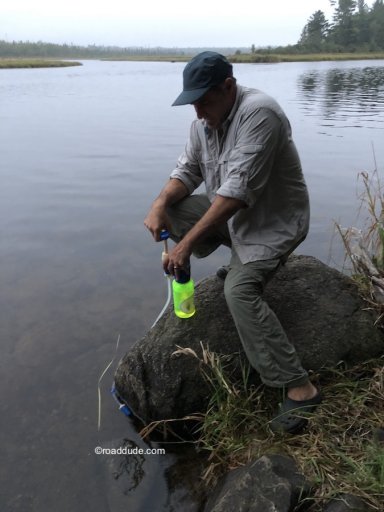
Couple weeks ago canoe-camping, filling up a Nalgene.
- Easy to pump from any water source. Pumps over a gallon of clean filtered water into your containers in three minutes.
- Also comes with a bag for drip filtering while you do other things.
- Easy to back flush, easy to test for efficacy, and does not need constant changing out of filters or chemicals.
-
Removes viruses, pathogenic cysts like Cryptosporidia, Giardia, etc, disease bacteria, foul tastes, odors, color, dirt, sediment, etc.
- Ultrafine Microstraining, molecular capture, and electrostatic removal
Filters and purifies better and more effectively than every other portable system I know of.
Like some survival schools say "Use Sawyer etc for wilderness areas where you'll be filtering mountain streams and lakes with no serious upstream contamination; use First Need Elite XLE purifiers in those places AND more extreme situations like urban, or other places when doubtful about water sources, potential chemical or viral contamination at source or upstream, etc.
First Need does all the others do, plus more.
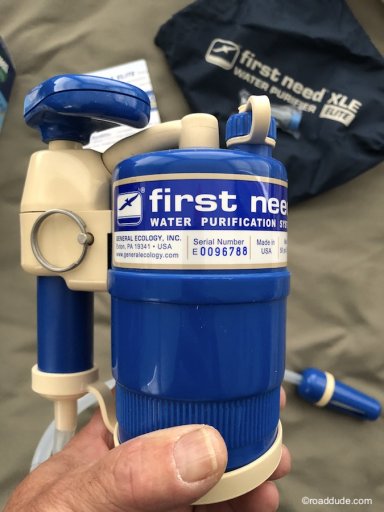
Made right here in the USA too, this is a robust and durable filter.
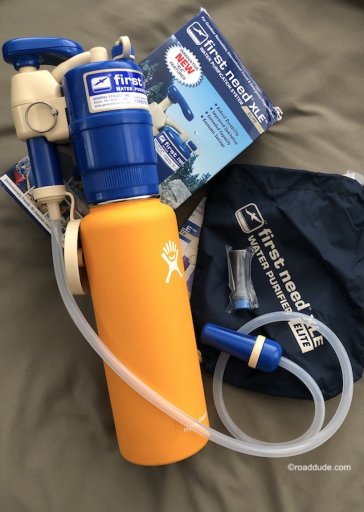
Attached to my 40oz Hydroflask.
The First Need Elite XLE screws onto a variety of containers from Hydroflask to Nalgene to military, even to store bought smart and sport water bottles.
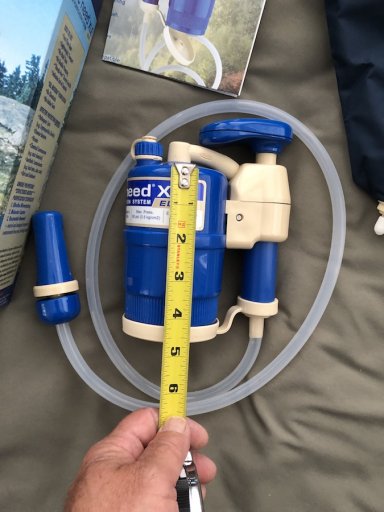
Not so great for backpacking, no, because of size/weight (still small, but not small enough for long-distance backpackers), though for general adventuring, and for my canoe and bike overnights, this is absolutely perfect.
That's why I am adding it to this thread; it's a terrific bit of wisdom from the river that directly applies to, and is useful for, vehicle-based adventuring.
This is the filter that will stay in my van year-round and will go with me on all canoe and bike camping trips. SO much easier to filter water along the way than to carry enough when away from trailer and van.
Absolutely the clearest and best tasting water I've ever had, whether it's been through a filter or not. Compared to city and well water, the water that comes out of this filter is damned near sweet.
Not all great products are ones that get all the publicity and hoopla.
.
Roaddude - Traveling Photographer/Writer/Artist On the Road In North America. Gear, reviews, people, places, and culture.

roaddude.com





